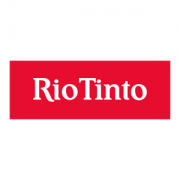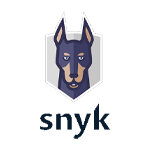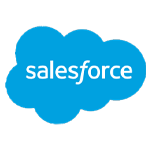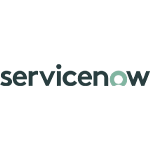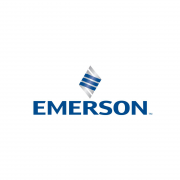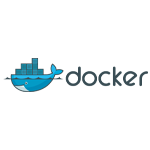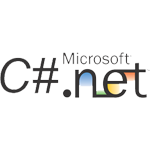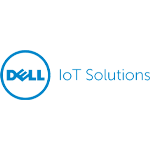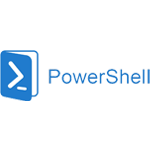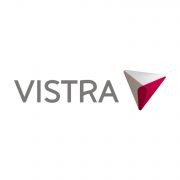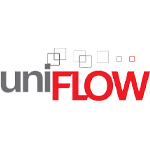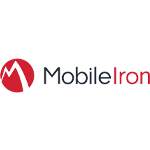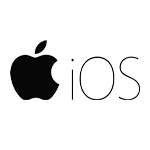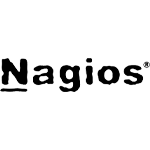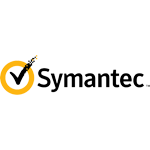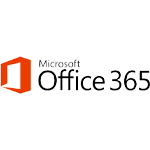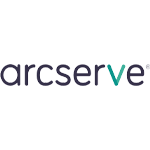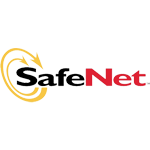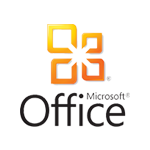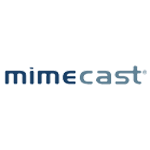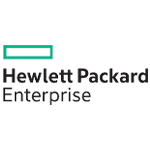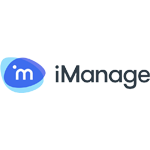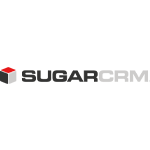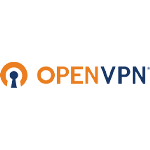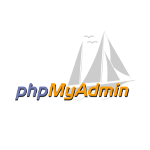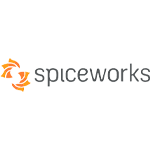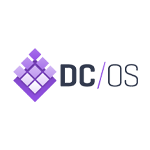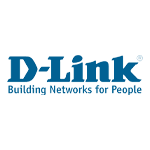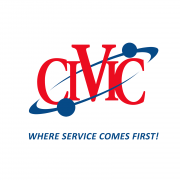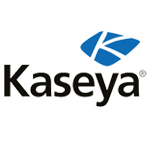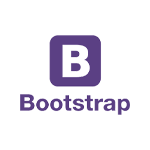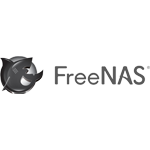Professional Experience
Senior Advisor DevOps Engineer
May 2022 – Present
When I thought I’ve learned every corner of IT – servers, computers, cloud, cybersecurity, development, and so much more, I was wrong. I never thought I’d be into something that is unknown to me. Rio Tinto gave me an opportunity I cannot miss, a challenge that requires hard work and perseverance, which leads to a great experience and learning curve. Being in a team that works with several projects at the same time, I have learned to be agile, resilient, and collaborative while implementing organizational standards and technology best practices. Wearing a hat that I never knew I’ll wear; it always reminds me that there is always a room for improvements.
- DevOps
- Undertake an iterative exploration approach to innovation to create ground-breaking digital solutions.
- Work closely with the delivery team to understand and incorporate user experience considerations and customer solution requirements into solutions design.
- Manage product development through the appropriate delivery methods with a continuous improvement mindset and instill rigor in the testing, releasing, monitoring, and handover of solutions.
- Work with the Change CoP resources to offer solution training to upskill customers on developed solutions.
- Provide technical, integration, and digital solution support post-project delivery to ensure solutions are accessible and functioning to enable Commercial to operate efficiently.
- Track and report on solution performance according to defined and agreed SLA / Business Outcomes Measurements.
Senior IT Operations Engineer
December 2018 – May 2022
This is it! Another milestone for me! This is my first time to be in a senior role…in a BIG company! A bit overwhelmed, but I’m ready to face new technologies and challenges. All these years, I’ve been working heavily on an on-premise infrastructure with a bit of cloud environment. It’s already time to focus on cloud technologies which is a crucial part of every business these days. My main role as a DevOps engineer is to make sure that the cloud infrastructure is well maintained and secured for the applications to run smoothly. Always remember that better infrastructure means better applications.
- DevOps
- Supports the product development teams through automated provisioning and optimization of cloud infrastructure.
- Collaborates with senior architects to design and build cloud-based development environments to support the global team.
- Work closely with the development teams throughout the development cycle, employing automation techniques for secure, efficient, scalable and cost-effective build processes.
- Deploy effective tools for monitoring performance and security of the build processes.
- Work with the Development and Operations teams to monitor and support the cloud infrastructure, for a range of development and production environments.
- Assist with troubleshooting and tuning the cloud infrastructure during dev, test and production builds.
- Working closely with testing and validation teams to enable appropriate testing environments and parameters.
- Build and manage a repository of cloud infrastructure that can be mobilized on-demand to enable the product support teams to deliver timely and efficient service to the customers.
- Build, document and manage ITSM and ITIL processes to support auditable operational environments to meet standard based and regulatory requirements like ISO 27001, 27002, 27019 and GDPR.
- Automate processes using PowerShell, Terraform, Bash, Python, and ARM Templates
- Manage IIoT devices running on custom Linux distributions.
- Provision and optimize PaaS components for reliable and scalable services.
- Maintain, manage, and implement solutions in Azure and AWS.
- Implement and manage CI/CD using Azure DevOps.
System Engineer
January 2018 – December 2018 (12 months)
As I continue to strive for greatness, I managed to get a job that operates on a much larger scale. Although I’ve been working with a lot of clients from my previous job, Vistra gave me an opportunity to work on an enterprise environment. I get to manage a well maintained network infrastructure and even get a chance to be exposed with technologies that I haven’t handled before such as Exchange servers, enterprise applications, and other cloud services that can provide me new knowledge as well as new challenges. This is the time when I play along with hardcore professionals.
- Support
- Providing first and second line technical support to internal employees.
- Performs hardware and software troubleshooting on-site and remote.
- Assisting when necessary with the deployment, maintenance and ongoing support of IT infrastructure within the group with adhering to IT security at all times.
- Assisting with IT BCP testing (Business Continuity Plan).
- Assists when necessary with the implementation of IT strategy across the group and in agreement with the Executive Committee.
- Working with suppliers and third parties in delivery of services and projects, adhering to IT security requirements.
- Operational Tasks
- Makes sure that operational tasks are done properly and in a timely manner (daily/weekly/monthly/quarterly/annually).
- Recording evidences for audit purposes.
- Ensures that all systems are fully backed-up and resilient and that data is stored securely in line with IT security requirements.
- Makes sure that systems are running and in good condition.
- Makes sure that mail flow is efficient.
- Makes sure that patches and repositories are updated.
- Infrastructure Management
- Ensures maximum availability of systems running on hardware, such as email systems and systems relying on database servers and file servers.
- Ensures IT security is at the forefront of all delivery, minimizing any potential risk of data loss from the organization.
- Management of key hardware, including PC’s, servers, printers, multi-function devices, mobile devices, telephone and fax equipment.
- Creating automation scripts for fast and reliable fixed process performance.
IT Engineer
March 2017 – December 2017 (9 months)
After I left my first job, I decided to find better opportunities abroad to challenge myself. Not only for the challenge, but the knowledge and the chance to explore the professional world overseas. Working here is a win-win situation for me since this is the first time I work in an IT company but also gave me the opportunity to use all the knowledge and skills I have learned and developed throughout my first employment. My job here fits me well because learning is my passion, and my team really taught me well within the first few months of my employment.
- Client Support
- Proactively provides client support on-site or remote.
- Troubleshooting hardware and software issues.
- Using Hostbill as ticketing system and inventory management.
- Project Implementation
- Deploy servers, routers, switches, and other network or domain requirements for clients around APAC region.
- Configure network or servers depending on the project requirements.
- Custom Device Configuration
- Installs and provisions devices that the company markets.
- Performs QA on provisioned custom devices.
- Testing new technologies applicable for custom devices.
- Documentation
- Creates and updates company and client IT asset inventories including network diagrams and flowcharts.
- Documenting assigned support tickets and projects.
- Documenting newly provisioned company custom devices.
- Performing quality assurance for clients.
- Handling of company and client assets IT inventory.
- Server Maintenance and Management
- Manages VPN, Active Directory, DNS, Office365, Linux Servers and other services on both company and clients.
- Full-time management of client-side Windows Servers.
- Implement new technology for company and client’s use.
System Administrator & IT Support
August 2013 – February 2017 (3 years and 7 months)
This is where it all started. I am officially the “IT guy” of the company. I worked with a team of five including my superiors. At first, I handled basic IT operations such as handling tickets for computer issues, basic firewall management, and some of scripting. I eventually gained knowledge on how the system works inside the company and can work with minimal supervision. Along with the growth of the company, our team also grew as well as our IT infrastructure. I’ve been assigned with several projects and able to complete it on time.
- Hardware / Software Maintenance
- Performs computer peripheral repairs and cleaning.
- Troubleshooting network components such as WAP (Linksys, MikroTik), switches (3com, HP), routers (Cisco, Linksys), and cables.
- Performs preventive maintenance of servers, computers, and laptops of different make and model.
- Troubleshooting software such as Microsoft Office, IM clients (Lync, Spark, Skype), and in-house applications.
- Updating and configuring operating systems (Windows, Ubuntu, Mac OS), software, and drivers.
- Hardware / Software Implementation
- Installation, configuration, testing, running, integration of computer hardware and software.
- Technical Support for Employees
- Resolves computer related problems within the company.
- Uses ticketing system for documentation and audit purposes.
- Programming
- Application development for company purposes using Visual Studio as platform and C# WPF for language.
- SQL Server 2014 and SAP Crystal Reports integration.
- Uses MVVM and MVC architecture.
- Performs scripting using VB scripts and batch files.
- Creating MS Office VBA modules for employee use.
- Maintain Network Reliability
- Managing routers, firewalls, switches, and cabling.
- Configuring firewall rules, and maintaining outbound and inbound traffic.
- Monitoring traffic for high availability and reliability of the network.
- Documentation
- IT processes, system administration, and automation.
- Reporting and documenting resolved technical issues.
- Documentation of in-house programs.
- Documentation of asset inventory.
- Updating floor plans and network diagrams using MS Visio.
- Managing Servers
- Managing and maintaining Windows Server services such as IIS, SQL Servers, Active Directory Domain Services, ADLDS, DNS, and terminal services.
- Configure GPOs, File and printer sharing, domain trusts, work folders, storage optimization (FSRM), and other Windows Server services.
- Managing file storage services (NAS).
- Managing Ubuntu Server

